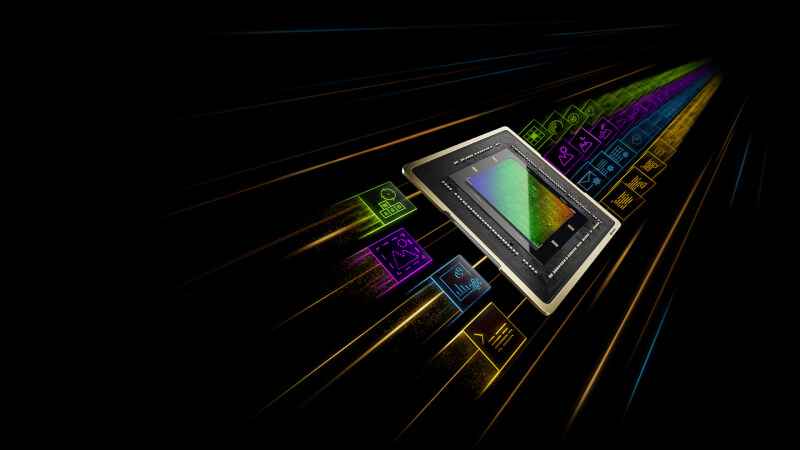China acquires banned Nvidia chips

Chinese universities and research institutes have recently acquired high-end Nvidia artificial intelligence (AI) chips through dealers, despite the US extending a 2023 ban on the sale of such technology to China.
A review of hundreds of tender documents by Reuters shows that 10 Chinese companies bought advanced Nvidia chips embedded in server products from Super Micro Computer, Dell Technologies and Taiwan's Gigabyte Technology after the United States in November 2023 expanded the embargo to include more chips and countries under licensing rules . Specifically, the servers contained some of Nvidia's most advanced chips, according to the previously unpublished tenders fulfilled between November 20 and February 28.
While the United States prohibits Nvidia and its partners from selling advanced chips to China, including through third parties, the sale and purchase of chips is not illegal in China. The 11 sellers of the chips were unknown Chinese retailers. Reuters could not determine whether in fulfilling the orders they used stocks acquired before the United States tightened chip export restrictions in November.
Contacted by Reuters, Nvidia said the tenders specify products that were exported and widely available before the restrictions. "They do not indicate that any of our partners breached export control rules and make up an insignificant proportion of the products sold globally," a spokesperson said. The server makers said they were complying with applicable laws or would investigate further.
Among the buyers were the Chinese Academy of Sciences, the Shandong Artificial Intelligence Institute, the Hubei Earthquake Administration, Shandong and Southwest universities, a technology investment company owned by the Heilongjiang provincial government, a state-owned air research center and a space science center. None of the Chinese buyers and retailers responded to Reuters' questions about the case.
Daniel Gerkin, a partner at the law firm Kirkland & Ellis, said Nvidia chips might be diverted to China without the manufacturer's knowledge, due to a lack of transparency in supply chains. If the manufacturer had done sufficient "due diligence," "it would probably be challenging for the U.S. government to initiate an enforcement action," he said.
The US Commerce Department told Reuters it could not comment on any potential ongoing investigations, but said its Bureau of Industry and Security was monitoring diversions of restricted chips, conducting end-use checks and investigating potential breaches. Officials would investigate credible allegations of wrongdoing, including the use of shell companies, a spokesperson said.
Nvidia said systems built with its graphics processor cores (GPUs) - chips that break computing tasks into smaller parts and process them together - and resold by third parties would have to comply with the US restrictions. "If we determine that a product has subsequently been resold in violation of US export control regulations, we will work with our customers to take appropriate action," the spokesperson said.
Latest processor - cpu
-
31 Octprocessor - cpu
-
16 Sepprocessor - cpu
AMD Ryzen AI 7 PRO 360 spotted
-
04 Sepprocessor - cpu
Intel scores big AI chip customer
-
04 Sepprocessor - cpu
Exclusively-Intel manufacturing store drawers
-
29 Augprocessor - cpu
Big performance boost for Ryzen CPUs
-
28 Augprocessor - cpu
Intel shares could fall in battle with TSMC and NV
-
28 Augprocessor - cpu
AMD is claimed to have been hacked
-
27 Augprocessor - cpu
Intel presents Lunar Lake, Xeon 6, Guadi 3 chips
Most read processor - cpu
Latest processor - cpu
-
31 Octprocessor - cpu
AMD will launch the Ryzen 7 9800X3D on November 7
-
16 Sepprocessor - cpu
AMD Ryzen AI 7 PRO 360 spotted
-
04 Sepprocessor - cpu
Intel scores big AI chip customer
-
04 Sepprocessor - cpu
Exclusively-Intel manufacturing store drawers
-
29 Augprocessor - cpu
Big performance boost for Ryzen CPUs
-
28 Augprocessor - cpu
Intel shares could fall in battle with TSMC and NV
-
28 Augprocessor - cpu
AMD is claimed to have been hacked
-
27 Augprocessor - cpu
Intel presents Lunar Lake, Xeon 6, Guadi 3 chips






